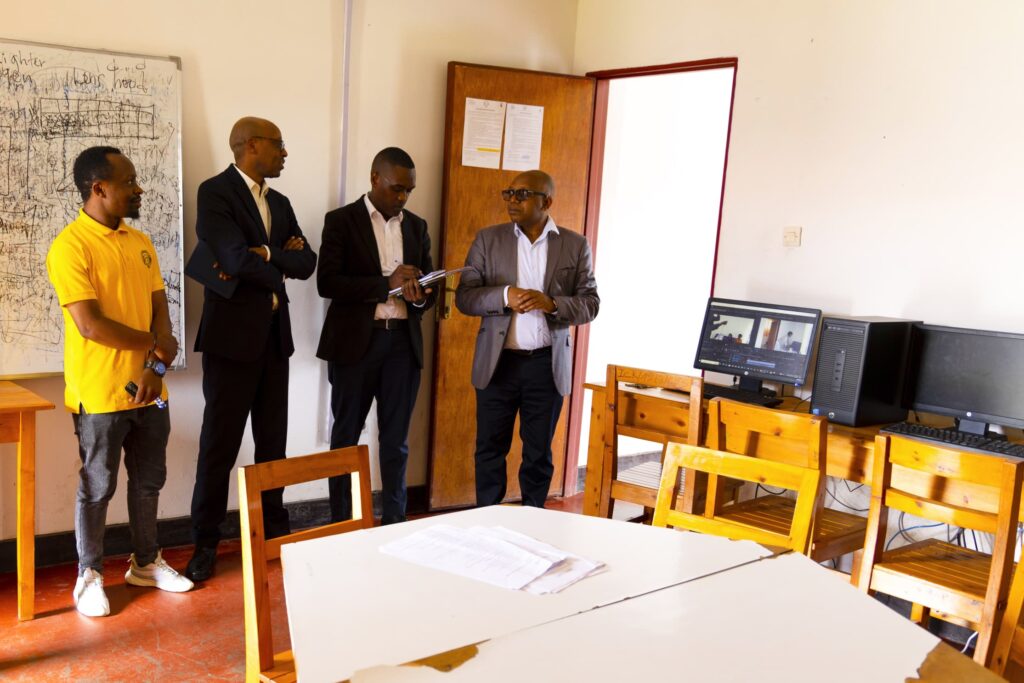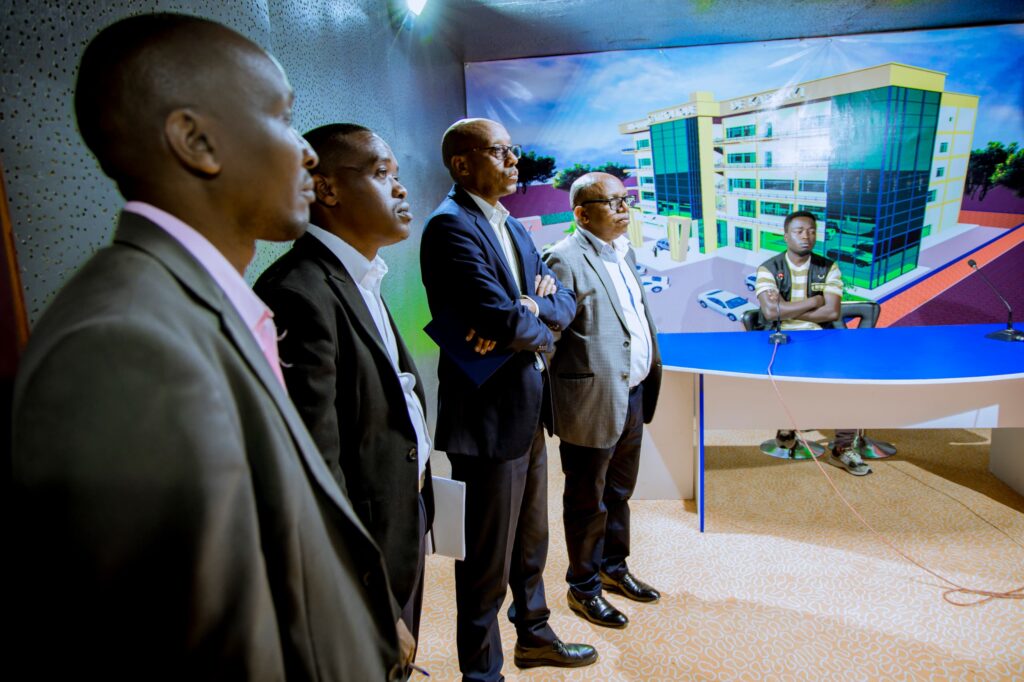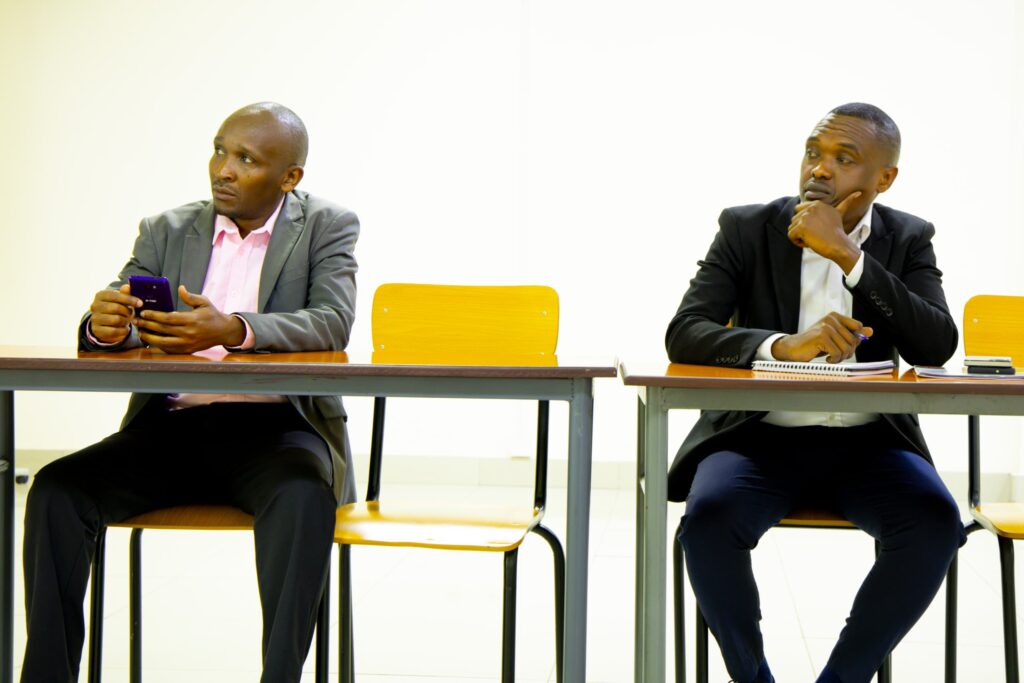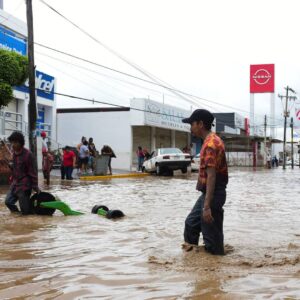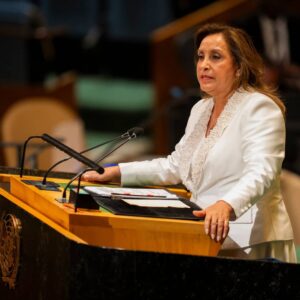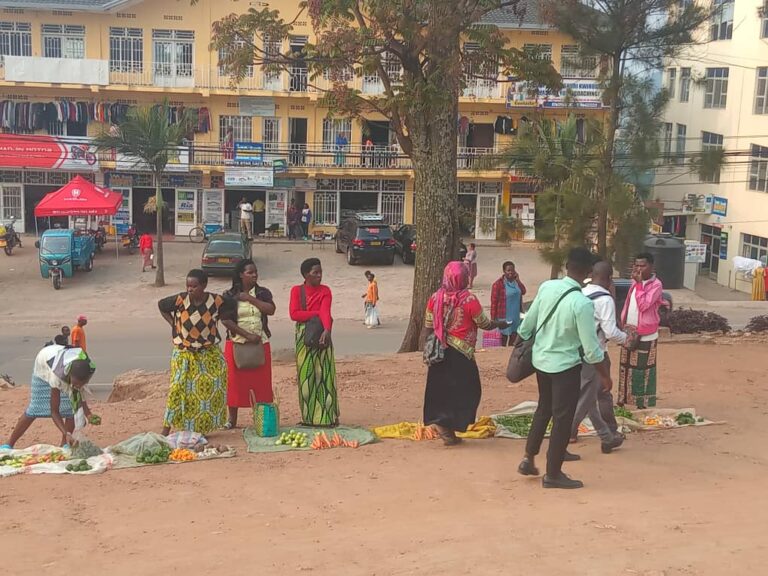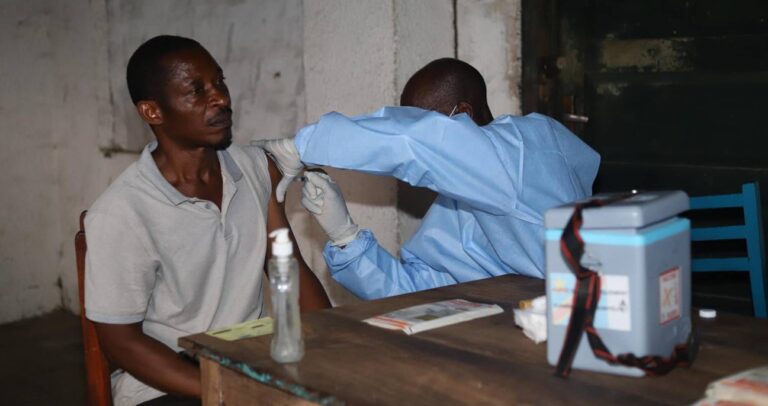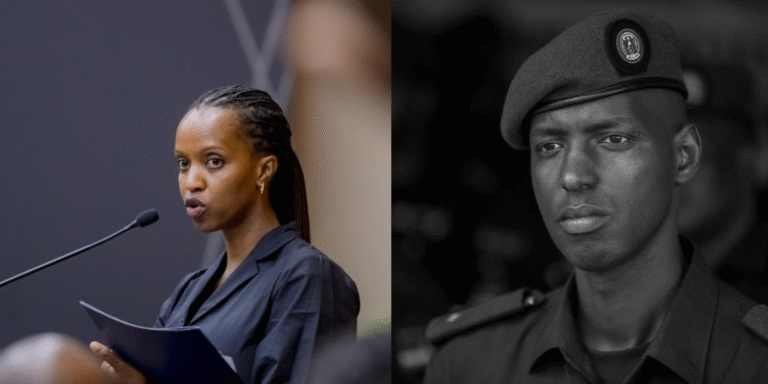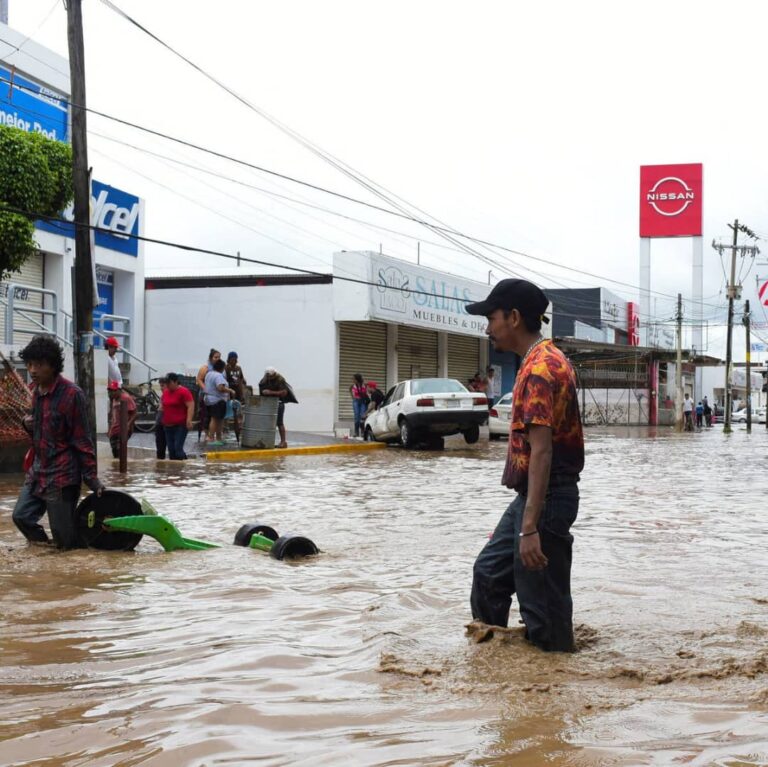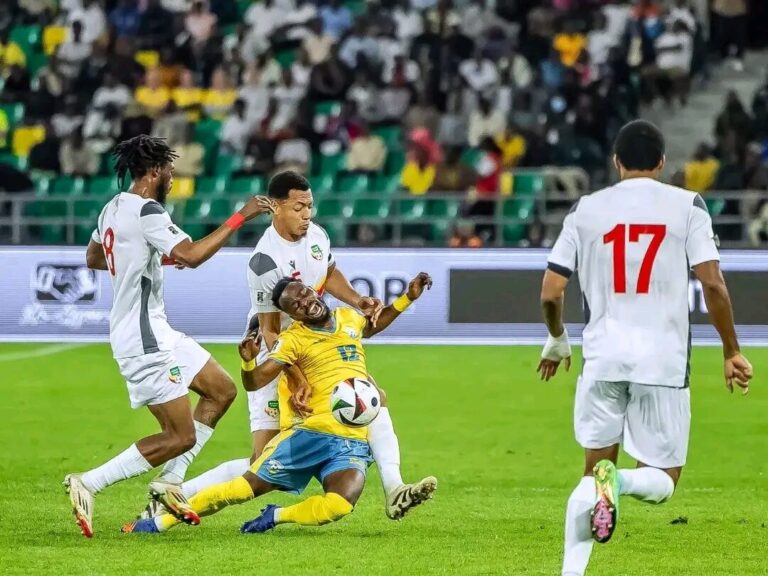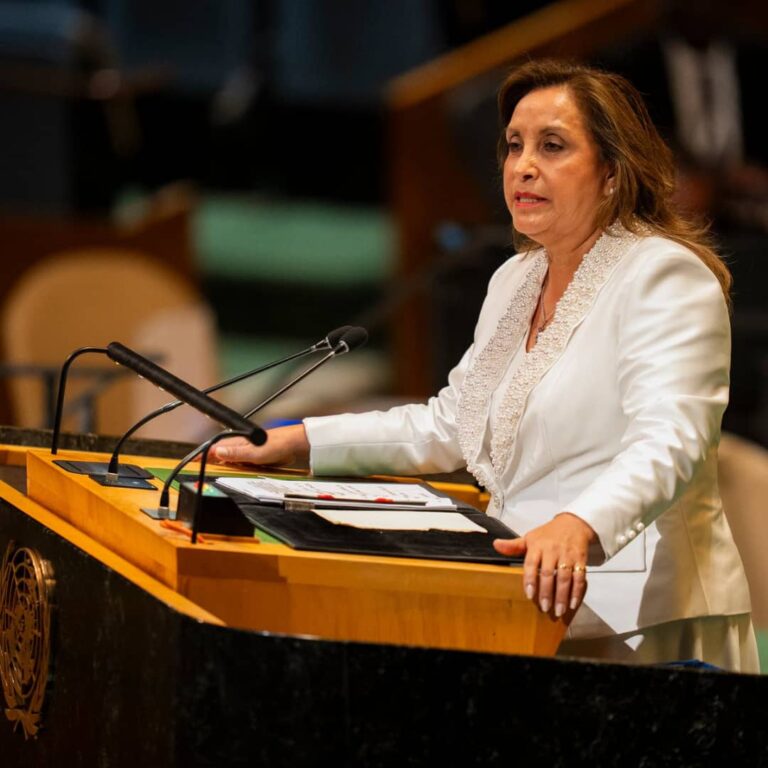The Media Sector Coordination Department at the Rwanda Governance Board (RGB) visited the Institut Catholique de Kabgayi (ICK) today as part of a five-day nationwide tour of media houses and journalism training institutions.
The tour, which began on Monday, June 2, includes visits to 17 media houses and four journalism schools.
Led by Jean Bosco Rushingabigwi, Head of the Media Sector Coordination Department, and Pierre Claver Nyirindekwe, Media Business Development Specialist, the RGB delegation held discussions with ICK leadership and staff from the Faculty of Journalism and Communication Studies.
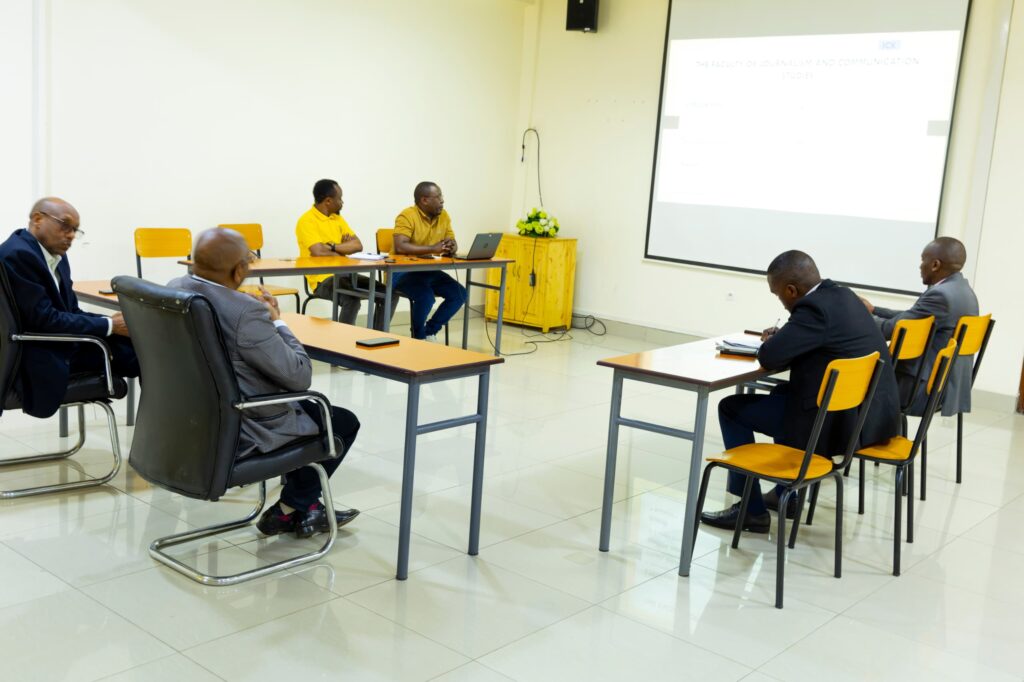
The visit aims to address persistent challenges in the media sector, including training gaps, poor working conditions, and financial constraints, through collaborative efforts with key stakeholders.
Speaking to ICK News, Rushingabigwi emphasized the importance of ensuring journalism education equips students with practical, up-to-date skills needed in today’s fast-evolving media landscape.

“The journalism industry now demands multi-skilled professionals-those who can write, film, edit, and publish their own stories,” he said. “In short, journalists must be all-rounders.”
He stressed that achieving this level of competence requires constant research, regular hands-on practice, and creative use of available resources.
“We are in an era where artificial intelligence is transforming many sectors. Journalism students must learn to integrate such technologies into their work,” Rushingabigwi said. “Even with limited equipment, they can start practicing. Most students have smartphones with decent cameras—those should be used to practice storytelling and video production. It’s about turning limitations into opportunities.”
Rushingabigwi also acknowledged the broader systemic issues affecting journalism institutions and media houses in Rwanda.
He affirmed that RGB is committed to working with partners and relevant government agencies to find sustainable solutions.
“The first step is identifying the core problems. Then we advise institutions accordingly,” he explained. “For example, where there is a shortage of qualified lecturers, we will engage the Ministry of Education and other partners to redirect resources. Instead of spending on short-term workshops in hotels, that funding could be invested in building robust, long-term journalism training programs.”
Jean Baptiste Hategekimana, Dean of the Faculty of Journalism and Communication at ICK, welcomed the visit, describing it as timely and impactful.
“We are pleased by this engagement. It shows there is genuine political will to strengthen the journalism profession,” said Dean Hategekimana. “The presence of high-level media officials here signals that the issues facing journalism education and practice are being taken seriously.”
He also called for increased investment in professional development and international exposure.

“As we have seen in other sectors, the government should support media professionals through scholarships, enabling top bachelor’s graduates to pursue master’s degrees, and master’s holders to advance to PhD level. That would greatly boost professionalism in the Rwandan media.”
ICK, recognized as Rwanda’s first university to specialize in journalism education, currently runs its own online newspaper, ICK News, where students sharpen their reporting and editing skills in real-world conditions.
Since its inception in 2002, ICK’s Department of Journalism and Communication has graduated 872 students, 637 in Journalism and 235 in Public Relations. The university has produced 6,026 graduates across all disciplines to date.
